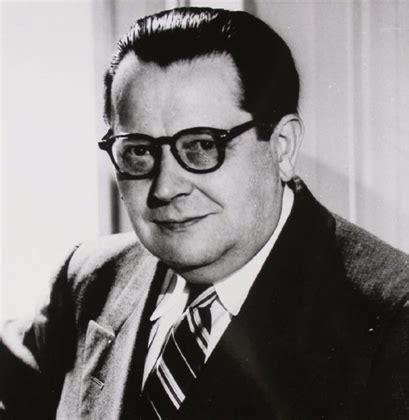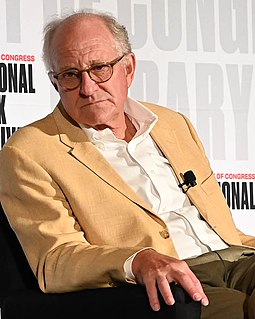A Quote by Seth Klarman
Excess capacity in people, machines, or property will be quickly absorbed.
Related Quotes
Machines help us do things more quickly and efficiently, but they can also destroy some community activities. Machines can also throw the weakest people out of work and this would be sad, because their small contribution to the housework or cooking is their way of giving something to the community. People who are capable of doing things very quickly with the help of machines become tremendously busy, always active, in charge of everyone - a bit like machines themselves.
The continuous disasters of man's history are mainly due to his excessive capacity and urge to become identified with a tribe, nation, church or cause, and to espouse its credo uncritically and enthusiastically, even if its tenets are contrary to reason, devoid of self-interest and detrimental to the claims of self-preservation.We are thus driven to the unfashionable conclusion that the trouble with our species is not an excess of aggression, but an excess capacity for fanatical devotion.
Property must be secured or liberty cannot exist. But if unlimited or unbalanced power of disposing property, be put into the hands of those who have no property, France will find, as we have found, the lamb committed to the custody of the world. In such a case, all the pathetic exhortations and addresses of the national assembly to the people, to respect property, will be regarded no more than the warbles of the songsters of the forest.
Obviously, you can't operate a system at 100 percent capacity. You need room for growth. And because there are peak times, you need surge capacity. But it is easier to reduce and manage excess capacity in larger units than smaller, especially when you have a diversity of users who have different peak periods and different growth rates. That's why the utility model is intriguing.
I have been motivated by this idea since I was a kid that if we invented machines that were created in the way that people are - were aware, have free will, inventive machines, machines that would be geniuses - potentially, they could reinvent themselves. They're not just applying it to other things - they could actually redesign themselves.
There is a section of our population in South Africa that you can't expect to get integrated in the economy of its own. These are people without skills and that will include young people who might very well have matric certificates, but don't have the skills to be absorbed in the economy. So we need to target people like those in a special way, in a focused way so that they have the skills and the capacity to participate in the economy. That requires special programmes.



































